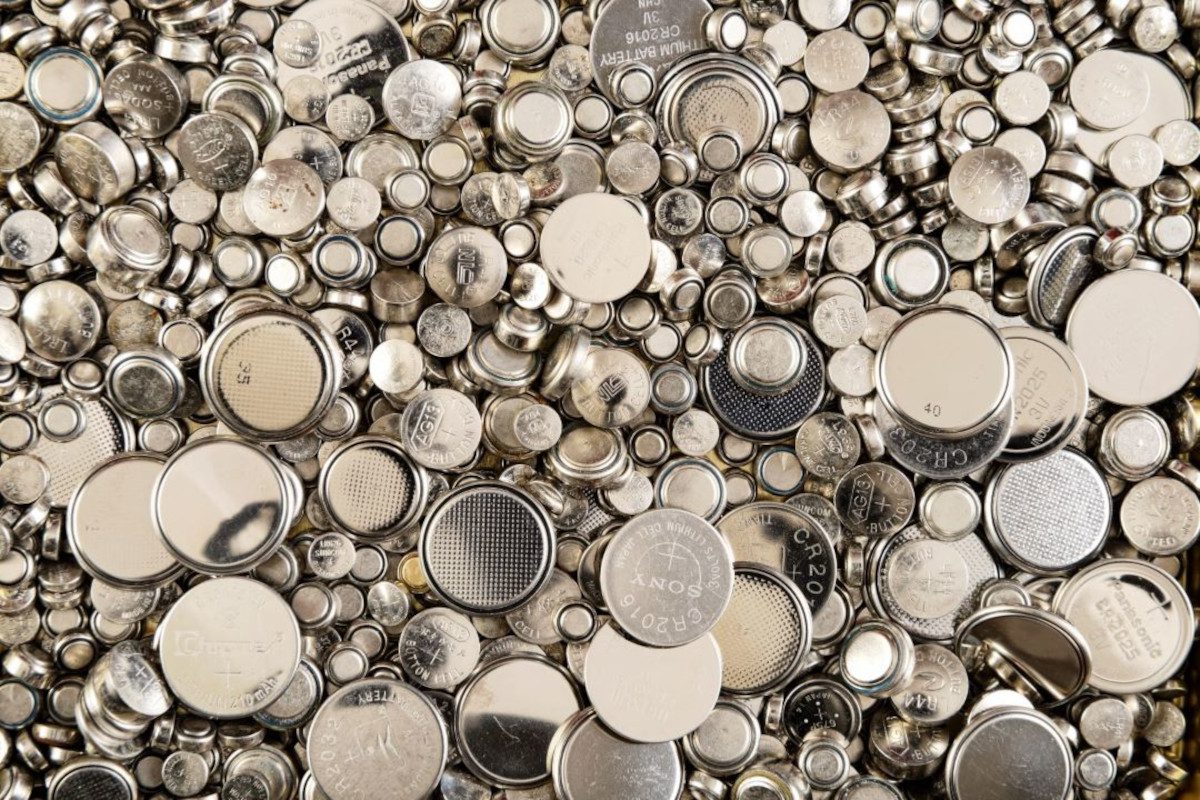
Local residents and businesses are being urged to safely dispose of lithium batteries by a waste management company in Bristol, Grundon.
Lithium batteries are extremely common and used to power everything from key fobs to mobile phones, power tools to laptops. And most of the time, they are safe while housed inside these devices. But when it comes to end-of-life disposal, things aren’t so simple.
Statistics show that in the year between April 2019 and March 2020, lithium batteries alone were thought to be responsible for more than 250 fires at waste facilities belonging to members of the Environmental Services Association (ESA). To put that into context, the figure is over a third (38%) of all fires which took place.
Neil Grundon, Deputy Chairman of Grundon, who are based in the St Philips area of the city said: “Many of us are undertaking spring cleans at the moment, throwing away quite a lot of rubbish. A combination of making space for newly acquired Christmas gifts and that desire to start a new year with a big clear out can mean a lot of items can end up in general waste bins with these batteries still inside them.
“The lack of public (and sometimes commercial) knowledge about just how dangerous these batteries can be is quite alarming. These fires don’t just pose a risk to waste management professionals, but to the public at large. We want to share information and guidelines to highlight the dangers and keep everyone safe; the motivation behind this warning.”
The biggest danger with lithium batteries is if they are damaged or not fully sealed and/or come into contact with liquid during the disposal process. Not only is this highly dangerous, but if it happens during the transportation or recycling process, then damage could be extensive and lives could be put at risk.
Recently, a fire broke out in the trailer of one of Grundon’s vehicles whilst it was transporting a bulk load of non-recyclable waste to an Energy from Waste facility.
Neil noted: “Thankfully our staff are all trained to be aware of risks. Our quick-thinking driver safely pulled over to a safe area and called the fire brigade to extinguish the fire. If it wasn’t for his swift actions the fire could have caused significant damage to the vehicle and trailer, as well as having the potential to endanger life. Sadly, all waste companies have to deal with these risks which can easily be avoided if people know why it’s important to safely dispose of these batteries.”
Grundon’s Bristol-based team are advising lithium batteries must be separated from other waste and stored safely and securely, ready for collection by a reputable waste management company.
People are advised to follow this process to keep everybody safe:
1. Treat all waste batteries with caution as they are considered a hazardous waste
2. Ensure your employees know what to do with batteries
3. Separate lithium batteries and isolate the terminals by wrapping in tape – this includes single-use button cells as the top and bottom act as terminals
4. Invest in secure disposal containers, such as a Haz-Box or Grundon’s battery drum kit
5. Dispose of unwanted batteries regularly to avoid large quantities stacking up
6. Work with a qualified supplier who understands the issues associated with batteries and recycling
7. If in doubt, ask an expert
For advice and information on the correct disposal of batteries, please speak to one of our experts by calling 01491 834 340 or email hazardous@grundon.com
What’s the difference between lithium primary batteries and lithium-ion batteries?
Lithium primary batteries – these are non-rechargeable lithium batteries, typically (although not exclusively) single-use button cells. Used in many portable consumer electronic devices, including children’s toys and watches, these are the most hazardous as they contain far more reactive lithium compounds which can quickly start a fire if in contact with water.
Lithium-ion batteries – these are larger rechargeable batteries, typically found in laptops, mobile phones, digital cameras and power tools. If damaged, they can lead to explosions or fires.







